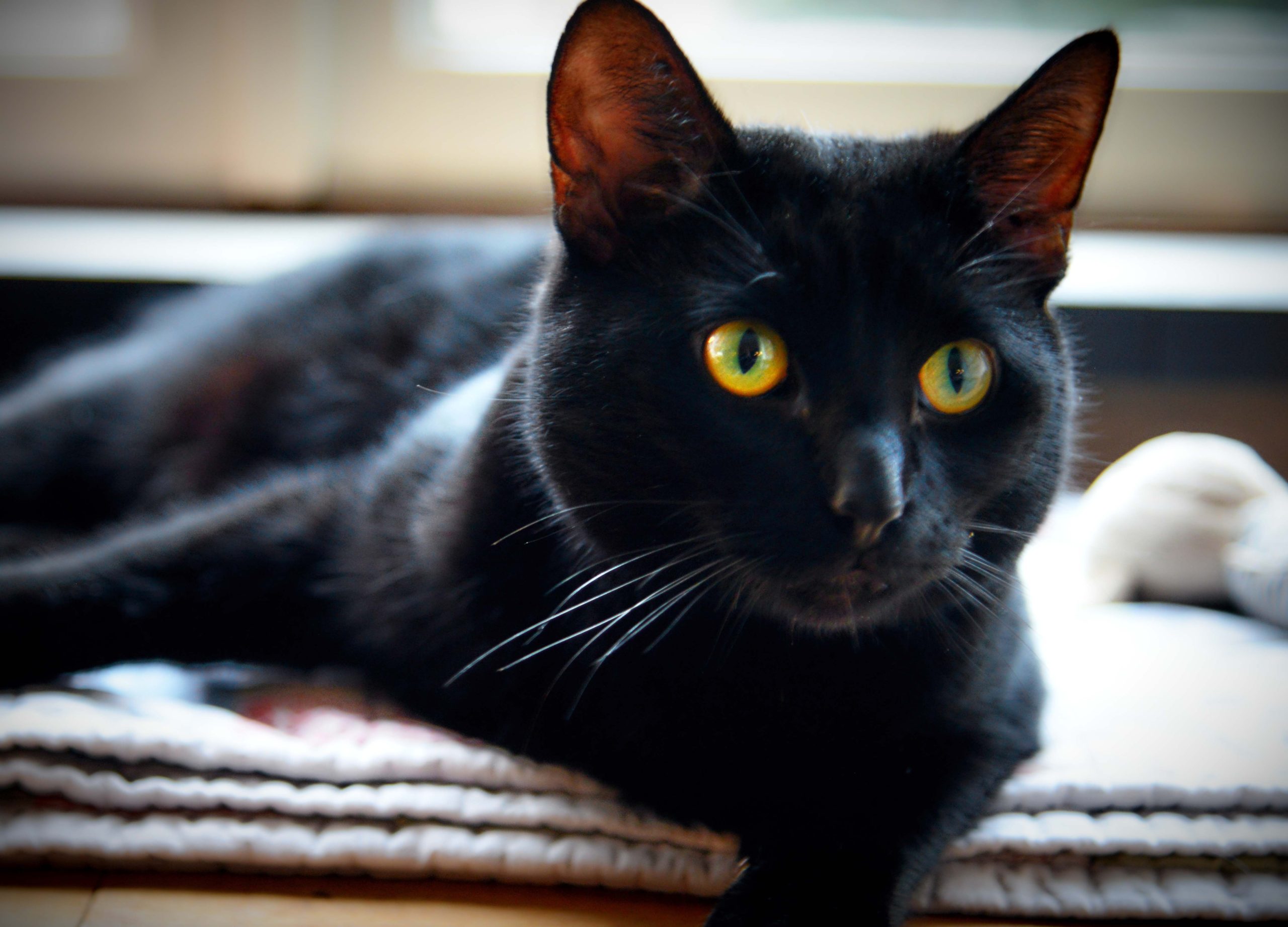Giardia in cats
What is Giardia in cats?
Giardia is an intestinal parasite that is common in cats and dogs. Most cats infected with the Giardia parasite show no symptoms or complaints. However, in young cats or cats with reduced resistance, the parasite can unfortunately cause symptoms.
How does a cat get infected with Giardia?
Giardia is excreted through the feces. A cat can then infect itself by coming in contact with these feces. Examples include licking their paws after walking on an infected area, or drinking from an infected drinking bowl. You as the owner can also bring it inside through your shoes, for example, so indoor cats can also become infected. Kittens can also get it through the mother’s milk if the mother cat is infected.
What are the symptoms of Giardia in cats?
The most common symptoms in Giardia are:
- Alternating to persistent diarrhea
- Blood and/or mucus in the stool
- Sometimes vomiting
- Decreased appetite
- Lethargy
How can Giardia be diagnosed?
Giardia is easy to diagnose. All it requires is a stool sample. The stool should be as fresh as possible. If you are unable to bring it to us immediately, please keep the stool in the refrigerator for as long as possible. We can perform the Giardia test at our clinics. We will have the results the same day.
Would you like to have your cat tested for Giardia? You do not need to make an appointment for this. You may submit stool samples to one of our nurses at the front desk at any time.
How is Giardia treated in cats?
Giardia is highly contagious and therefore there is a chance of reinfection. It is therefore important to treat both the cat and the environment.
Treatment of the cat
- Initially, we are going to treat the Giardia with Panacur (Fenbendazole) for 5 days. Because Giardia is highly contagious, we recommend treating all animals in the household with Panacur, even if they have no symptoms. This is because healthy animals can excrete the parasite just as well so you have a chance of reinfection.
- If your pet has diarrhea, we recommend giving easily digestible food (Hill’s I/D). In addition, it is often necessary to optimize the resistance of the intestines. This can be done by giving pro-biotics.
- With Giardia, there is a chance of reinfection. Therefore, good hygiene is very important during and after treatment. Our advice is to wash your cat on the third day of treatment with a cat shampoo, and to do this again two days after treatment.
- In some cases, a single course of Panacur is not enough and must be repeated. Sometimes the Panacur has insufficient effect and it is necessary to use a second medicine (Metrodinazole).
Treatment of the environment
It is important to properly treat your environment as well. Giardia can survive in the environment for a long time which increases the chances of reinfection. Our advice is as follows:
- The parasite can be killed by hot water. Therefore, wash your cat’s rugs and baskets as often and as hot as possible during and after treatment.
- The water and food bowls should also be cleaned thoroughly. Do this with boiling water. This also applies to the litter box.
- In addition to boiling water, the parasite can also be killed by using chlorine or Quaternary ammonium salts. The detergent should take effect for at least 5 minutes and be rinsed thoroughly.
Is your cat’s Giardia contagious to humans?
Giardia is a zoonotic disease. This means that people can also become infected with the parasite. So hygiene is also important for yourself. Wash your hands thoroughly after contact with your cat and make sure you do not allow yourself to be licked by your cat.
Do you have any questions about this topic? Please do not hesitate to contact us.

Feel at home at De Dierenkliniek!
Because only the very best is good enough for you and your cat, right? Read more about who we are and how we work
.

